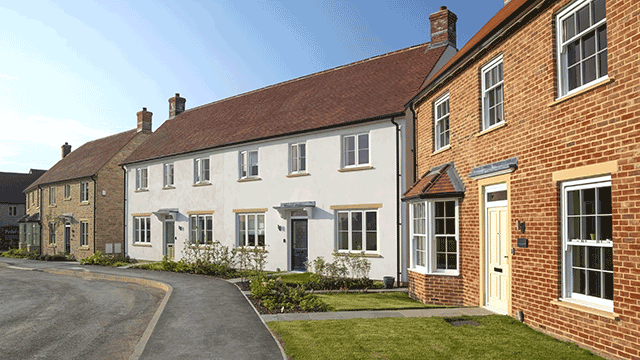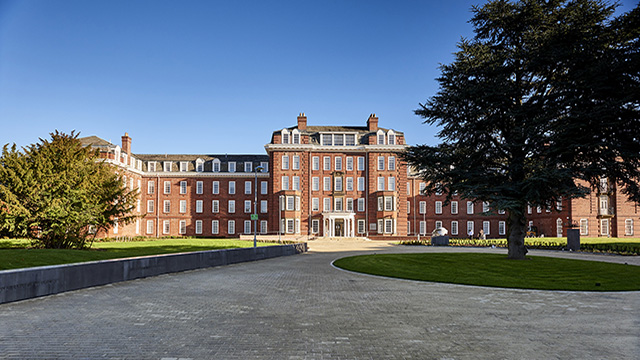The High Court has upheld an inspector’s decision refusing permission for the construction of a country house in Shrewsbury on the basis that it would be too informal in style.
Property owner John Gwilliam sought planning permission for the dwelling on land south of Yockleton Road, Ford Heath, Yockleton. However, the inspector rejected the application on the ground that the proposal did not meet the exceptional standard required by PPG 7.
In a decision that could have important implications for the design of modern country homes, Judge Rich QC has dismissed Gwilliam’s challenge. He held that the inspector had correctly exercised his judgment in deciding the architectural merits of the proposal.
The house, designed by architect Susan Casswell, was intended to be a modern interpretation of a classical design, containing gables and façades, and featuring traditional materials such as timber-framing and stonework. The plans also included a swimming pool, a gatehouse, garaging and private gardens, and the creation of wetlands, woodland and parkland.
Shrewsbury and Atcham Borough Council refused planning permission for the development in October 2002. On appeal, the inspector upheld the decision, stating that although the plans indicated that the property would be a “most attractive family house”, it did not incorporate the “essential formality or sense of scale associated with a country house”.
In the High Court, Lord Kingsland QC, counsel for Gwilliam, argued that “style was irrelevant to the issue of whether a building met the test of being ‘truly outstanding in terms of its architecture’”.
He said: “There is no requirement [in PPG 7] that it should be formal in style. Condemning Mrs Casswell’s design because it lacks formality is contrary to all the evidence.”
However, Daniel Kolinsky, counsel for the First Secretary of State, argued that the inspector had “adequately expressed” the reasons for his decision that “the architectural design of the proposed country house did not meet the exacting standards of being ‘truly outstanding’ in PPG 7 terms”.
He maintained that “the fact that others disagree with that ultimate conclusion, and would have approached the exercise of their judgment in a different way, does not come close to establishing that the inspector had erred in law”.
Judge Rich QC agreed, saying: “I do not consider that the inspector made an error of law in considering it as he did.”
He held that the inspector’s statements as to the formality of the design related not to the building’s style, but to its quality, which was a material factor when considering whether it was outstanding.
Gwilliam v First Secretary of State and another Queen’s Bench Division: Administrative Court (Judge Rich QC) 22 April 2004.
Lord Kingsland QC (instructed by Wace Morgan, of Shrewsbury) appeared for the claimant; Daniel Kolinsky (instructed by the Treasury Solicitor) appeared for the first defendant; the second defendants, Shrewsbury and Atcham Borough Council, did not appear and were not represented.
References: EGi Legal News 23/04/04









